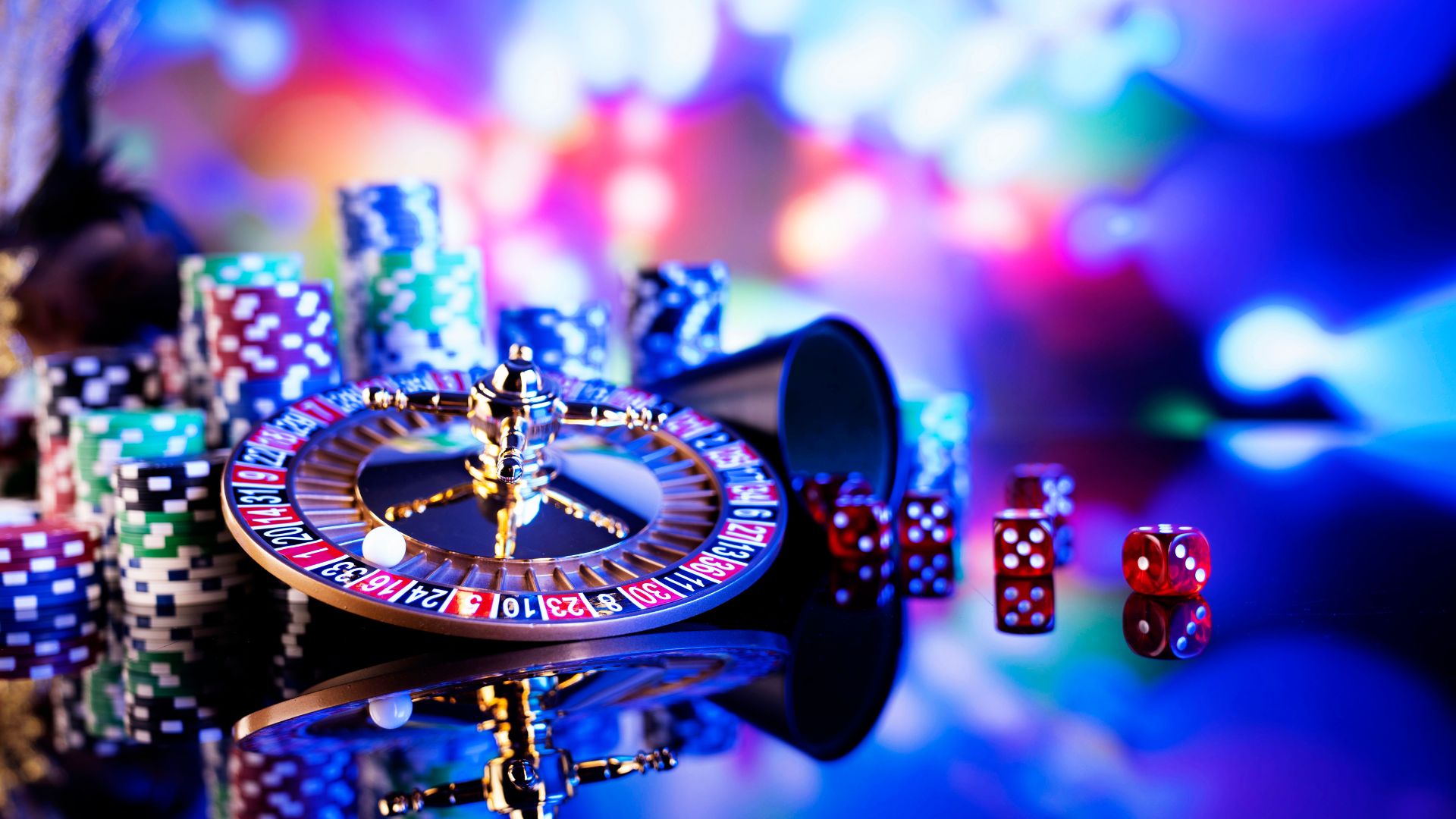
For a lot of people, the attraction of the casino is irresistible, a place where fortune seems just a bet away. The twinkling lights, the sound of jingling coins, and the rush of anticipation create an atmosphere brimming with enthusiasm. However, underneath this glamorous surface lies a concerning reality that many players face: the mental snare of chasing losses. This issue, where gamblers continue to wager in an effort to regain previous losses, can lead to devastating consequences both monetarily and psychologically.
As people find themselves caught in this cycle, their decision-making becomes obscured by a mix of optimism and desperation. The intent to recoup lost funds often drives them deeper into riskier bets, further worsening their situation. This article examines the psychological pitfalls associated with casino betting, evaluating how the urge to win back what has been lost can lead to a vicious cycle, impacting not just the gambler but their loved ones as well. Comprehending these dynamics is vital for anyone who steps into a casino, helping them to recognize the patterns of behavior that can turn enthusiasm into remorse.
Grasping the Chasing Losses Phenomenon
Pursuing losses is a frequent action among casino bettors that typically leads to a downward spiral of financial risk and emotional distress. When players face a loss, the immediate response can be a strong desire to get back those vanished funds. This emotional response can hinder judgment, driving individuals to take impulsive decisions in the belief of regaining what they have lost. The impulse to "get even" can overshadow rational thinking, leading to additional losses as players increase their bets in an attempt to recoup their earlier stakes.
This behavior is deeply rooted in psychological principles, particularly the concepts of cognitive dissonance and loss aversion. Loss aversion refers to the tendency to choose avoiding losses over acquiring equivalent profits. For casino bettors, this means that the discomfort of losing money feels much more severe than the pleasure of winning it back. Consequently, they may overlook reality and cling to the false hope that a winning streak is just around the bend, leading them to prolong their time in the casino in the face of increasing losses.
The chasing losses mindset can continue a cycle of gambling addiction. As bettors continue to pursue their losses, they frequently find themselves trapped in a web of increased spending and escalating bets. This cycle can lead to significant financial consequences, including mounting debt and damaged relationships. Understanding the psychological factors behind chasing losses is essential for identifying one’s behavior in casino betting and ultimately taking steps to alleviate its effects.
Influence of Betting on Psychological Well-being
Betting in casinos can lead to substantial harm to mental health, appearing in multiple forms as gamblers become immersed in their gambling behaviors. The excitement and attraction of betting often create a brief sense of elation, but this is frequently followed by emotions of shame, nervousness, and melancholy. BETFLIK 169 The constant cycle of pursuing lost bets can skew an individual’s view of reality, leading to a twisted sense of agency over results and fostering destructive behaviors.
Moreover, people involved in casino betting can experience increased stress and emotional turmoil. As defeats accumulate, the stress to make up for financial setbacks can drive people deeper into gambling, resulting in a perilous spiral fueled by desperation. This can foster emotions of loneliness, as the taboo surrounding addiction to gambling may prevent those affected from seeking help or discussing in others about their challenges.
In the long term, the psychological impacts of betting in casinos can have wide-ranging implications. The combination of stress, anxiety, and depression can damage relationships and affect overall quality of life, leading to a cycle of unhealthy coping mechanisms. Tackling these mental health problems is crucial for those affected, emphasizing the significance of getting therapeutic assistance to free oneself from the hold of gambling addiction and rebuild their lives.
Strategies to Prevent the Trap
To maneuver through the psychological trap of gambling betting, it is crucial to create a strict budget before taking part in any betting activity. Creating a financial limit creates a distinct boundary that helps stop snap decisions when confronted with losses. Players should only wager with funds they can manage to lose, viewing any potential losses as the cost of fun. This approach promotes a better mindset and diminishes the urge to chase losses in the hope of getting back funds.
An additional effective approach involves the setting of time limits. By creating a defined timeframe for gambling sessions, players can retain control over their activities and steer clear of expending excessive time in the gaming environment. Time restrictions act as a reminder to pause and assess the experience, minimizing the probability of irrational decision-making that often leads to chasing losses. Employing a timer also motivates players to schedule regular breaks and reflect on their plans and emotions.
Ultimately, looking for support from family, close acquaintances, or gambling dependency support networks can be immensely beneficial. Discussing experiences and emotions with others creates a sense of duty and provides a sense of community. Engaging with individuals who understand the difficulties of gambling can help with developing better coping strategies. Knowing when to seek help is a key component of maintaining a well-rounded approach to gambling and preventing the downward trend of chasing losses.
